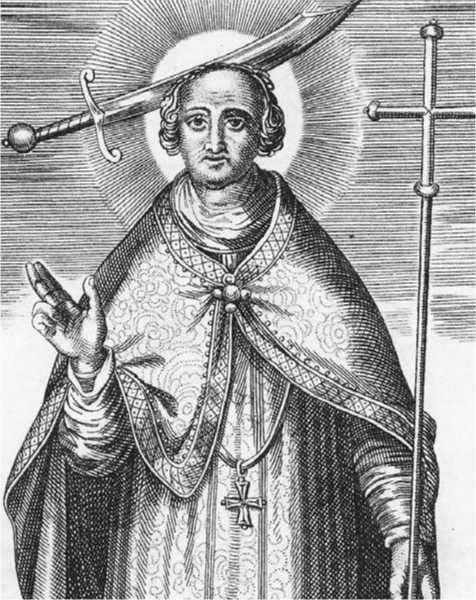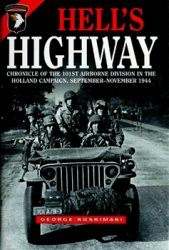That archbishop was Thomas a Becket (the a is pronounced "uh"; often he is simply called Thomas Becket). A
Member of a distinguished family, Thomas grew up to lead a life of privilege that included an education at Paris, then Europe's leading center of learning. His fortunes changed, however, when he was twenty-one: his mother's death and his father's subsequent financial problems forced his return to England.

Thomas a Becket. Reproduced by permission of the Granger Collection Ltd.
Young Thomas soon became personal secretary to Theobald, archbishop of Canterbury, and this job gave him considerable opportunities for travel. In 1154, when Thomas was thirty-six, a new royal house took control of England under the leadership of Henry II, husband of Eleanor of Aquitaine and father of Richard I (see entries) and the future King John (see box in Eleanor of Aquitaine entry). Theobald recommended Thomas to Henry, who appointed him as his chancellor—one of the king's key advisors—in 1155.
For the next six years, Thomas enjoyed the power and privilege that went with a position at the king's right hand. Yet when Theobald died in 1161, events took a quite different turn. Henry appointed Thomas to the archbishop's seat in 1162, and probably assumed that his former chancellor would remain his faithful servant. Thomas, however, took the role of archbishop seriously, seeing himself as a representative of God rather than as a lackey to a king. This conviction would bring about his undoing.
The first major dispute between king and archbishop involved the legal rights of church officials who committed crimes under the secular (non-church) laws of the land. Henry maintained that they should be tried in government courts, whereas Thomas held that their trials should take place in church courts. This conflict became so heated that in 1164, Thomas fled England to seek refuge with Eleanor's former husband, Louis VII of France.
During his six years of exile, Thomas carried on lengthy negotiations with Henry, who in 1170 arranged for the coronation of his son, known to history as Henry the Young King. Infuriated that Henry would take it upon himself to crown a new king—a privilege that belonged exclusively to the archbishop—Thomas returned to Canterbury. Equally angered, Henry was at dinner one night when he demanded of his guests, "Who will rid me of the turbulent priest?"
Four knights responded, and hastened to Canterbury, where on December 29, 1170, they murdered Thomas while he was praying. As a result, Thomas became a widely admired martyr, canonized just three years after his death. The act of assassination had an effect exactly opposite of that which Henry had desired.




 World History
World History









